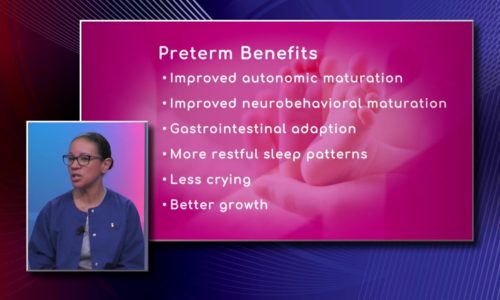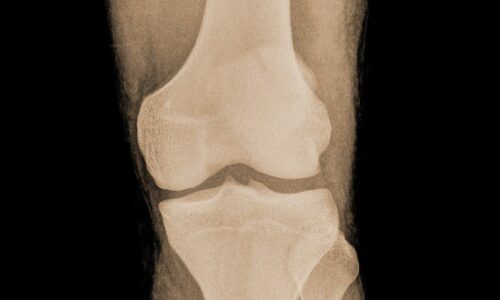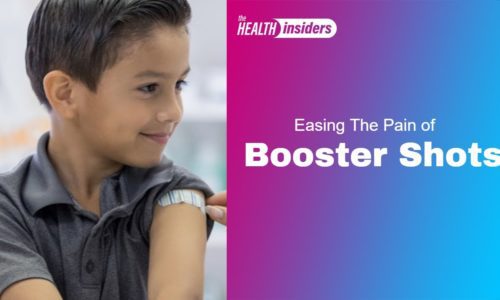Helping Kids With Disabilities Make Healthy Choices |

Kids are not born knowing how to make healthy life choices, and parents sometimes struggle with finding new ways to teach them the importance of everyday decisions. Parents who have a child with a disability also worry about the choices that their kids may make, particularly if influenced by peers, impulses, or even just curiosity. There is no easy answer for how to help kids make healthy choices, but there are ways we can guide children through learning and play that can have lasting outcomes over the years.
Parents can help facilitate learning by identifying the important decisions they hope to impart to their kids.
Topics for Younger Kids
Parents want to keep their children safe in as many ways as possible. To teach healthy decision-making, it is important for parents to narrow down the information they wish to teach. Making healthy choices can span a range of topics, from choosing healthy foods to making decisions about friends. Make a list of the important topics you wish to cover, particularly issues that are relevant to your child’s age group.
As Bright Hub Education notes, younger kids may benefit from learning about topics like safety with strangers and ways to recognize safe adults to ask for help from if they were ever separated from you in a public place. Topics about choices in daily life could include how to select healthy snacks and choosing wise behaviors during playtime. As kids reach early adolescence, help them learn how to communicate about their disability with others, which may help keep them safe in many ways.
Topics for Older Kids
Adolescents and teens with disabilities may need more mature information, such as how to make healthy sexual choices, and resisting the urge to try alcohol or drugs when offered. Teens can benefit from learning how to make good choices about limiting caffeine use and getting enough exercise. Help your teen learn how to make healthy sleep choices, such as sticking with a consistent bedtime and turning off electronics that could disrupt rest.
It will also be important for teens to learn to set safe boundaries with others, including peers who encourage them to make risky decisions. Teach your teen about the risks of riding in a car with someone who drives recklessly or is using substances. Teens with disabilities are also at risk for being bullied at school, so StopBullying recommends working on safety factors such as being open about their experiences, thoughts, and feelings. As teens start to look toward the future, it is wise to discuss choices about goals: Do not shy away from the topic of further education.
Assisting With Educational Choices
Thinking about career options and continued education is important for teens with disabilities. Parents can assist in this process by providing as much information about educational resources as possible, without overwhelming your teen. You can help your teen consider their options by talking about job opportunities and interests that could turn into a career with some additional training.
Parents can even model the importance of further education by considering enrollment in an online university. With a passion for information technology, an online degree in cyber security or data analytics could be an ideal learning opportunity. Other degree opportunities include health information management, and non-IT degrees such as teaching. Kids benefit most from the examples their parents set, so furthering your education may be the most inspiring choice you can make.
Throughout a child’s life, parents set examples for their kids on how to live, including healthy decision-making. Whether your child is a toddler or nearing adulthood, helping them make healthy choices is one of the most important parts of child-rearing. It isn’t always easy to know where to begin, but as long as you are doing your best — and accessing resources to assist you — your child can learn good decision-making skills as they grow.
If you have any more questions just Ask Hanna, our health advisors are here to help.
Image: via Pexels








